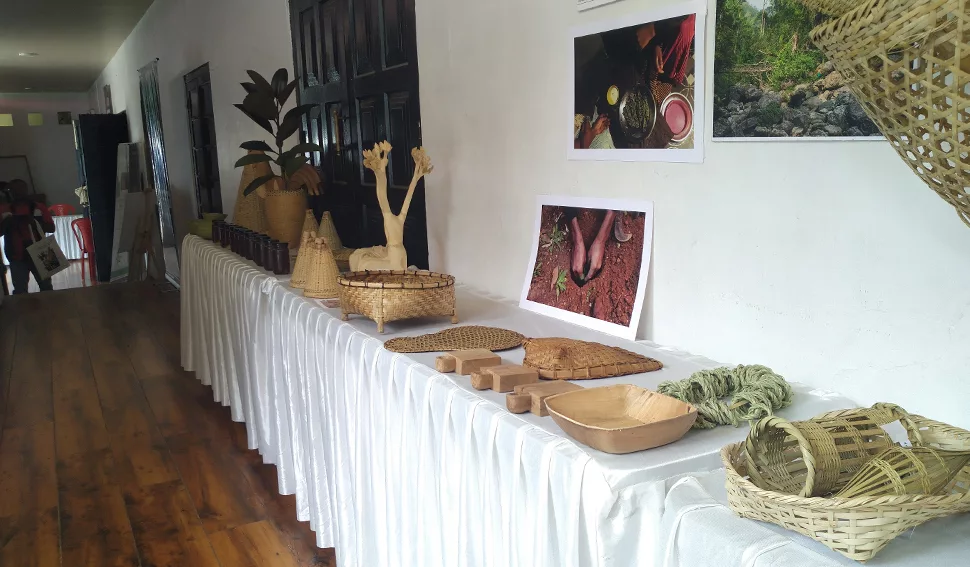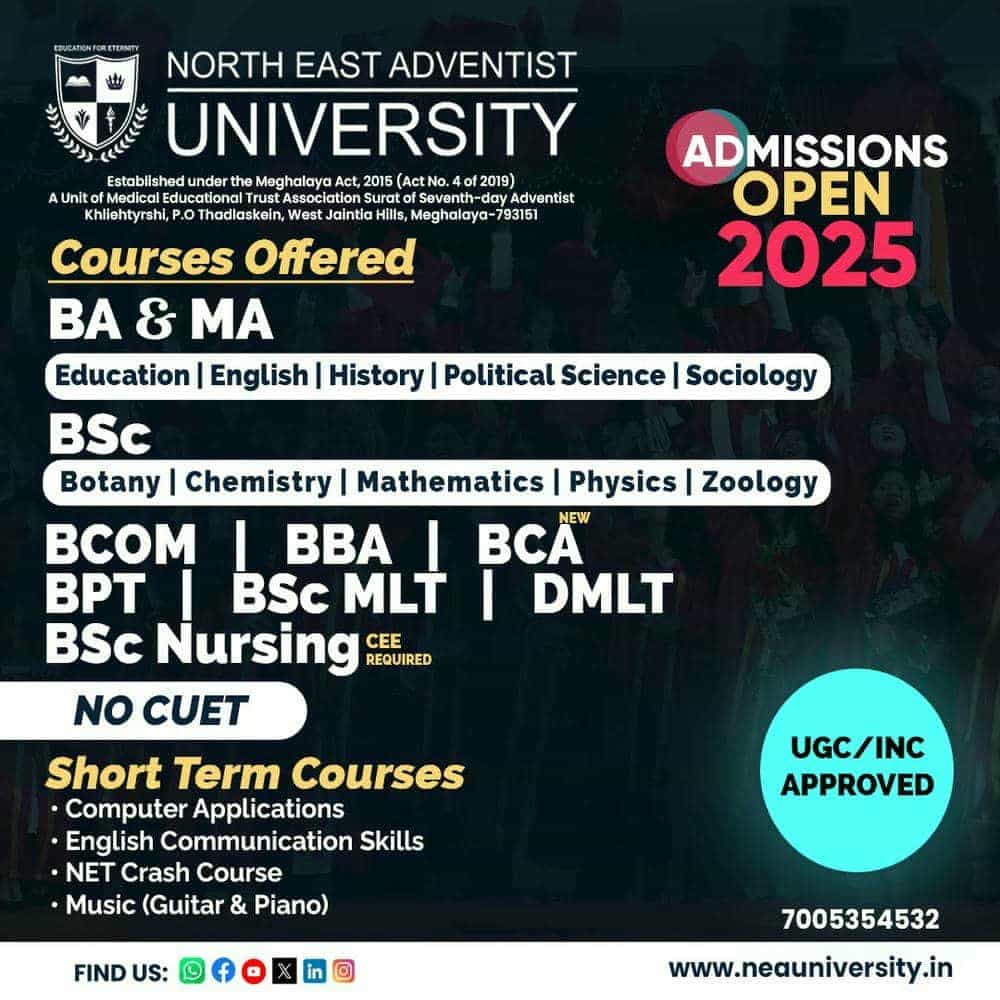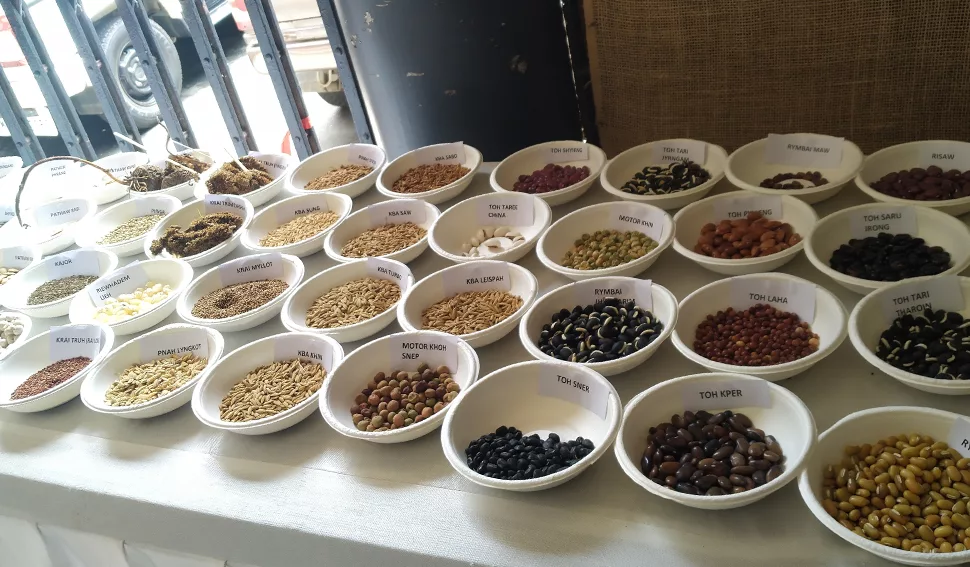NESFAS takes on hybrid & GMOs challenges

As the realm of agriculture grapples with the challenges posed by hybrid seeds and Genetically Modified Organisms (GMOs), the North East Slow Food and Agrobiodiversity Society (NESFAS) embarks on an ongoing mission to not only promote but also safeguard indigenous seeds.
NESFAS organized a state-level workshop on Agro-ecology Learning Circles and natural resources management under the Community Led Landscape Management Project (CLLMP). The event, co-organized by Meghalaya Basin Management Agency (MBMA) and NESFAS on Tuesday at the Soso Tham auditorium. Farmers from across Meghalaya attended the workshop.
Pius Ranee, the Executive Director of NESFAS, highlighted the threat to local seeds due to hybrid varieties, which lack long-term preservability. NESFAS avoids hybrid and GMO seeds in local villages and plans to collaborate with scientists to enhance native seed productivity.
In under two years of collaboration with the World Bank, NESFAS devised a project merging traditional agricultural knowledge with contemporary expertise to empower farmers.
Stating that the combination of such knowledge is a glimmer of hope for farming, Ranee said, “These are the traditional knowledge that the farmers may have learnt from their forefathers. A combination of traditional and modern knowledge will help fight agricultural issues. In our journey, we have found that there are 2000 farmers who are practising such traditional knowledge in agriculture.”
Ranee noted ongoing participatory mapping with farmers to assess traditional knowledge preservation in villages.
He highlighted the region’s abundant natural resources and the need for proactive conservation.
In its current project, NESFAS initiated Agro-ecology Learning Circles (ALCs) as a grassroots approach. This approach empowers communities for self-guided learning and sharing insights.
ALCs combine agro-ecology with participatory research, aiming to empower indigenous communities to practice traditional agro-ecology techniques and foster local innovation for sustainable food systems.
The project, “Empowering indigenous communities through Agro-ecology Learning Circles (ALCs) for resilient, integrated, and innovative natural resource management,” funded by the World Bank and supported by Meghalaya Basin Management Agency (MBMA), established 100 ALCs across Meghalaya.

The workshop unites traditional knowledge holders, custodian farmers, and enthusiasts for dynamic learning.
Participants share insights and explore inventive methods for natural resource management.
NESFAS aims to integrate traditional wisdom with modern techniques for sustainable natural resource management through this workshop.


Leave a Reply